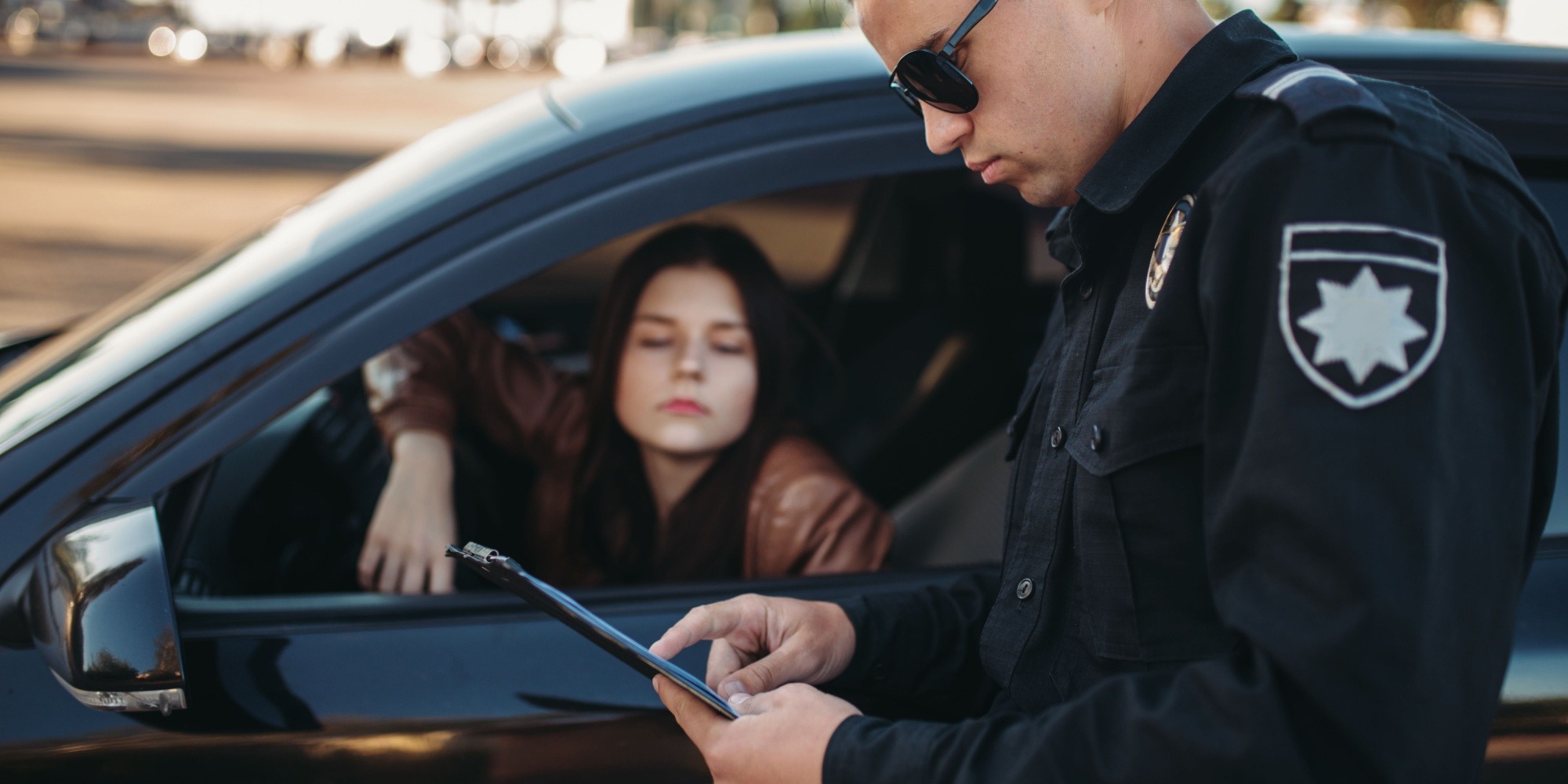Complete the form to schedule a free consultation with a traffic lawyer
Are Traffic Ticket Quotas Legal? Understanding the Controversy

Are Traffic Ticket Quotas Legal? Understanding the Controversy
Traffic ticket quotas, also called performance goals, refer to the practice of requiring law enforcement officers to issue a specific number of citations within a given timeframe. The question, “Are traffic ticket quotas legal?”, has sparked debates among motorists, legal experts, and law enforcement alike.
Today, we’ll explore what traffic ticket quotas are, their legality across the United States, and the arguments for and against their use. We also explain why hiring an attorney to fight a traffic ticket can be a smart decision.
What Are Traffic Ticket Quotas?
Traffic ticket quotas are benchmarks set by some law enforcement agencies, requiring officers to issue a minimum number of traffic citations. These quotas can be monthly, quarterly, or even informal expectations. While they are often justified as a way to improve traffic safety, their implementation varies widely across jurisdictions.
Key Characteristics of Traffic Ticket Quotas:
- Formal vs. Informal: Some quotes are written into departmental policies, while others are implied by supervisors.
- Purpose: Quotas may aim to reduce unsafe driving or, critics argue, generate municipal revenue.
- Impacts: Officers may feel pressured to prioritize ticketing over broader community engagement.
The Legality of Traffic Ticket Quotas
The legality of traffic ticket quotas depends on the state. While some explicitly ban the practice, others have no such laws, creating a confusing legal landscape for motorists.
States with Traffic Ticket Quota Laws:
- Prohibited: States like California and Texas have enacted laws banning quotas outright.
- Allowed: In some jurisdictions, quotas are permitted and incorporated into departmental performance reviews.
- Gray Areas: Other states lack clear regulations, leading to inconsistent enforcement and accountability.
These varying laws often result in legal challenges, with critics arguing that quotas can lead to unethical behavior, discrimination, and violations of due process.
Arguments Against Traffic Ticket Quotas
Opponents of traffic ticket quotas highlight their potential for abuse and negative impacts on public trust. Common criticisms include:
- Erosion of Trust: Quotas may foster the perception that law enforcement prioritizes revenue over public safety.
- Discriminatory Enforcement: Officers might disproportionately target certain demographics or neighborhoods.
- Unnecessary Ticketing: Motorists may receive citations for minor infractions to meet quotas, creating resentment.
Why This Matters: The focus on meeting numerical goals can overshadow community policing and reduce the effectiveness of law enforcement.
Benefits of Hiring an Attorney to Fight Traffic Tickets
When faced with a traffic ticket, hiring an attorney can make a significant difference. Legal representation can:
- Challenge the Evidence: Attorneys can question the validity of the ticket, ensuring due process.
- Negotiate Penalties: Skilled lawyers often reduce fines or prevent points on your driving record.
- Understand Local Laws: Attorneys know state-specific rules about traffic ticket quotas, giving you an edge in court.
Fighting a ticket with professional help not only protects your rights but can also save you time and money in the long run.
Alternatives to Traffic Ticket Quotas
As traffic ticket quotas remain controversial, some law enforcement agencies have embraced alternative strategies to improve road safety without relying on citation goals. These include:
- Community Policing: Focusing on building trust and addressing traffic safety through education and collaboration.
- Data-Driven Enforcement: Using traffic pattern analysis to allocate resources to high-risk areas.
- Public Awareness Campaigns: Informing drivers about traffic laws to promote voluntary compliance.
These approaches can balance proactive enforcement with fairness, fostering better relationships between police and the public.
What You’ve Learned
The question, “Are traffic ticket quotas legal?”, reveals a contentious issue with significant legal, ethical, and social implications. While proponents argue quotas enhance traffic safety, critics highlight their potential to erode trust, encourage unethical practices, and disproportionately affect marginalized communities.
If you’ve received a traffic ticket, understanding the laws in your area and seeking legal help can be crucial. At TicketVoid.com, we offer a free, no-obligation attorney-matching service to connect you with qualified legal representation. Take control of your traffic ticket case today!
